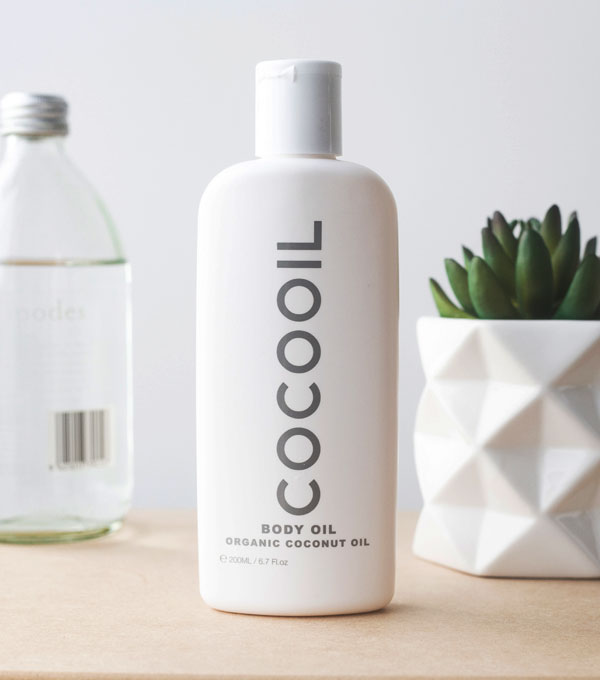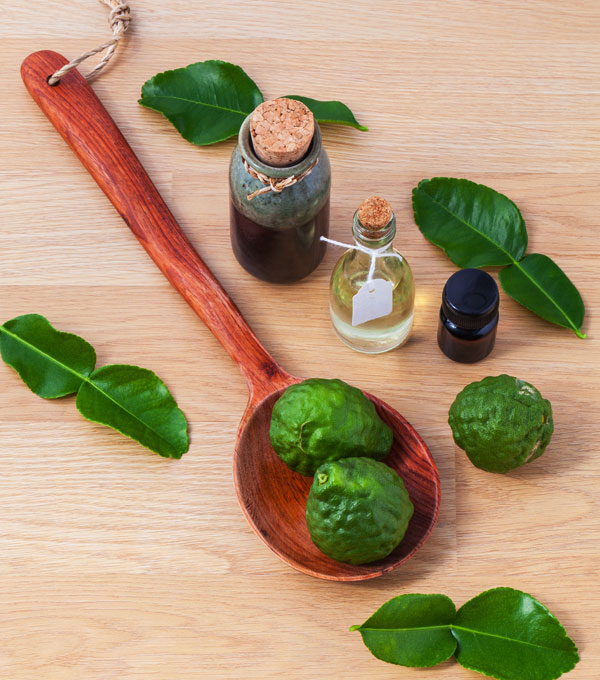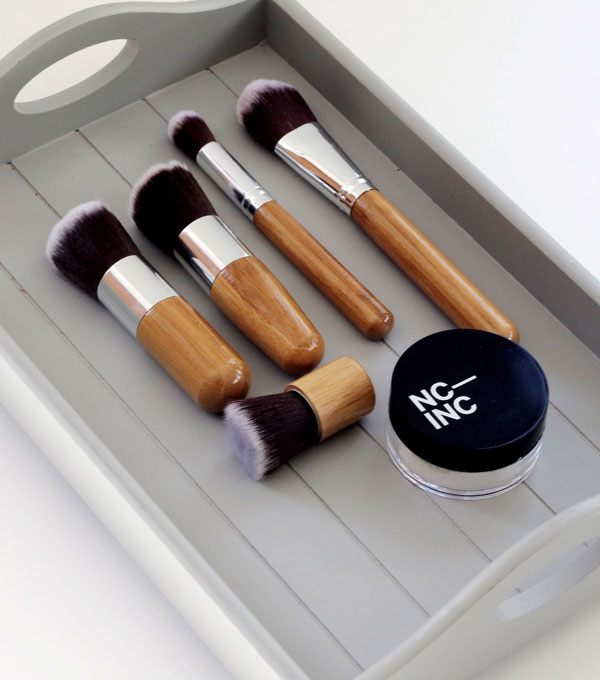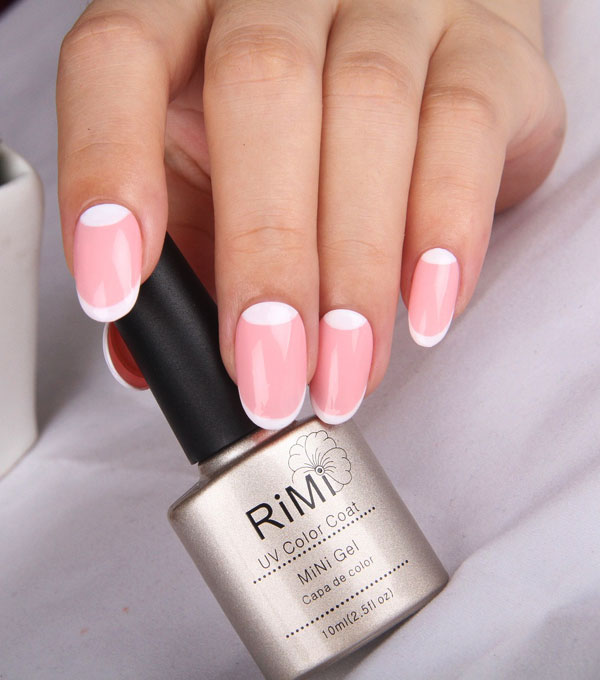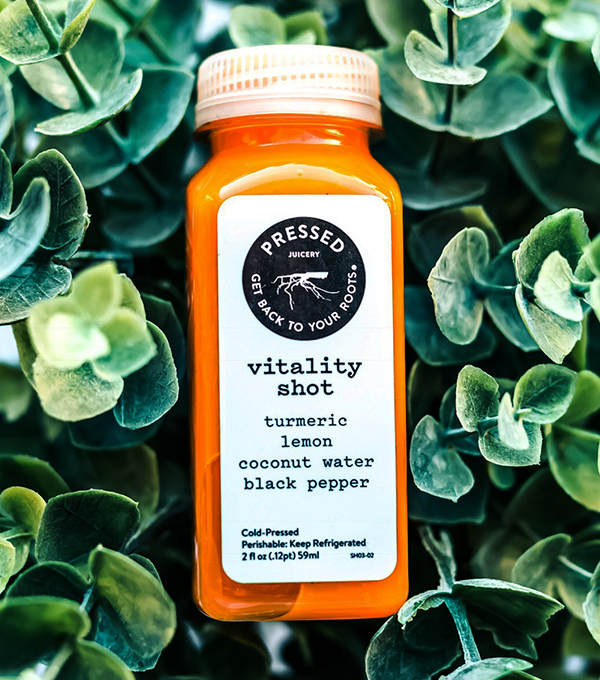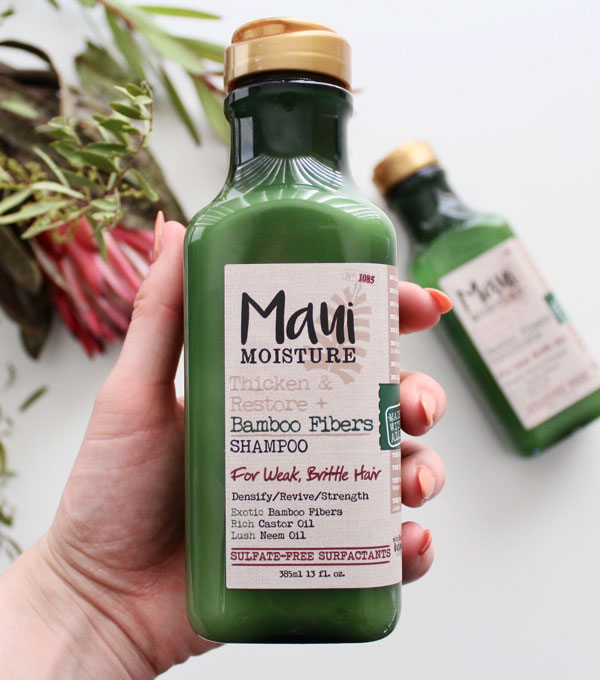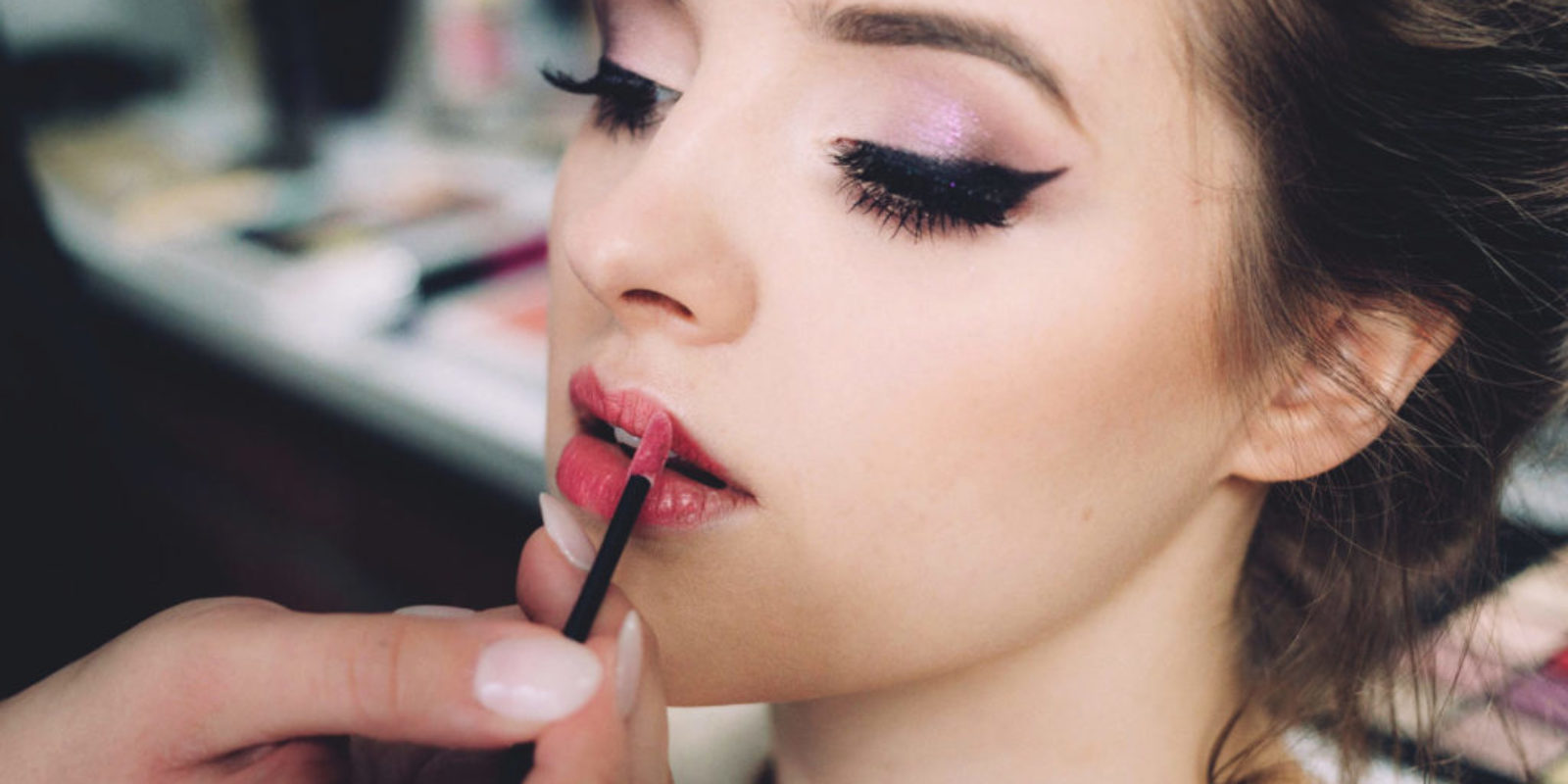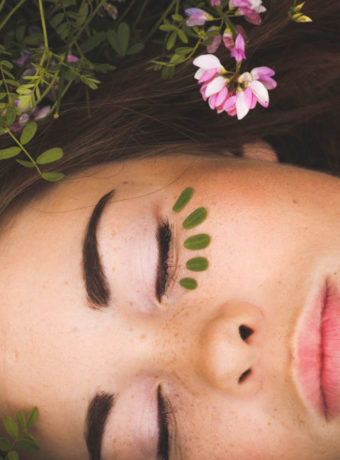‘Facial skin care’ is more a matter of discipline than anything else. A facial skin care routine is what you need (and you need to follow the facial skin care routine with complete seriousness). So let’s check what comprises an effective facial skin care routine. Well, very simply, a facial skin care routine can follow the following 4 steps:
* Cleansing
* Toning
* Exfoliating
* Moisturising
Cleansing is the first thing in facial skin care routine. Cleansing helps in removing dust, pollutants, grease and extra oil from your skin, thereby preventing damage to your skin. Just spot your face and neck with a good cleansing lotion or cream and gently massage it into your skin using upward strokes. Use a soft face tissue or cotton wool to wipe your face in a gentle patting fashion (do not rub). Cleansing should be done at least twice a day i.e. morning (as part of complete facial skin care routine) and evening (on a standalone basis). Water soluble cleansers are the best for inclusion in your facial skin care routine.
Toning is the next in a facial skin care routine. However, this is the optional part of the facial skin care routine. Mostly, proper cleansing can compensate for toning. Toning helps remove all traces of dirt, grease and excess cleanser. Instead of making it part of your daily facial skin care routine, you can using toning occasionally i.e. when you have been exposed to particularly harsh environment/pollution.
Exfoliation is again, kind of, optional step in everyday routine for facial skin care. However, exfoliation is necessary at least once a week (or twice, depending on the skin type and the environmental conditions). Exfoliation finds its place in facial skin care routine because of the natural tendency of skin to replenish the skin cells every 3 or 4 weeks. As a facial skin care technique, exfoliation helps in removing the dead skin cells that block the pores, thus assisting the skin in the natural process. However, excessive or harsh exfoliation can cause damage to your skin; so you need to balance it out.
The next thing in facial skin care is moisturising. In fact, moisturising is the most important part of facial skin care routine. Moisturisers prevent your skin from getting dry. Dry skin is really undesirable since it cause the upper layer skin to break, leading to dead skin cells. Again, use light upward strokes to make the moisturiser more effective. Moisturisers work the best when applied on warm and damp skin. So do not try to remove all the moisture in the previous steps of facial skin care routine.
Besides the normal facial skin care routine, you should also exercise the following for facial skin care:
* Use proper make-up remover instead of just washing it away
* Pay heed to your skin type and the environment, when choosing facial skin care products.
* Before you start using a new facial skin care product, test it by applying it on a short patch of skin e.g. ear lobes.
* Never rub your skin too hard.
* Use sunscreen lotions for protection against sun.
The Importance Of Caring For Your Skin
“Packaging is as important as the gift itself” – it’s something that most of the gift manufacturing companies follow very closely. The same holds good for you too. Your outer-self i.e. your skin is as important as your inner-self. A lot of people do realise the importance of skin care. Well, this is one reason why there are so many skin care products in the market and most of the skin care products seem to do pretty well. We generally tend to associate skin care to just good looks. However, there is more to it than just that. There are multiple benefits associated with a healthy and glowing skin.
Firstly, it has a good effect on you yourself. It makes you feel fresh and energetic. You are able to do more work and are quicker with everything you do. More importantly, the freshness adds to your enjoyment and makes your day. So a healthy skin too plays its part in building confidence. Yes, you can take most of the credit for having achieved that (however, do leave a little for the skin care products too).
Moreover, this flow of positive energy is experience by people around you too and you observe that even they are friendlier with you. You get more respect from others. They are more responsive to your queries. They themselves experience the freshness that you are exuding. They love working with you and for you. Yes, that’s how it works. Some people might even go ahead and ask you about the skin care products you use (you might or might not reveal those secret skin care products to them). Thus, a healthy skin can be instrumental in creating a pleasant and friendly environment around you. On the other hand, carelessness or negligence on this front can make you look unattractive and dull. You will not only look dull but also feel dull. Your work efficiency is reduced. Even the people you meet might not be as friendly. In fact, it might lead to the aging process getting started much earlier.
Thus the importance of skin care cannot be ignored. However, skin care is not that difficult at all. There are a lot of skin care products available and you can choose the ones that suit you the best. There are various ways in which skin care products are classified and the knowledge about these classifications will help you understand them better and make a selection.
* The first categorisation is based on the skin type – so you have skin care products for oily skin, skin care product for dry skin, skin care products for sensitive skin etc.
* Another way is to categorise skin care products based on their use e.g. you have moisturisers, cleansers, skin care products for exfoliation, toners etc.
* Then you have skin care products for treatment of various skin dilemmas i.e. skin care products for acne, skin care products for stretch marks, skin care products for anti-ageing etc.
* Another classification is based on the ingredients e.g. herbal skin care products, synthetic skin care products, cosmetic skin care products etc.
However, skin care products are not the only way of skin care. You also need to build some basic skin care procedures in your day to day life (as we discuss in the other article on personal skin care).
Anti Aging Skin Care
One of the most interesting topics on skin care is ‘anti aging skin care’. As one gets older, the natural defence of our skin (and in fact of the whole body) weakens. ‘Anti aging skin care’ is about protecting your skin from the negative effects of aging process. ‘Anti aging skin care’ helps in maintaining a young and fresh look for a longer period of time. However, ‘anti aging skin care’ doesn’t end just here. Besides maintaining your looks (good looks), ‘anti aging skin care’ is also about retaining the resistance to disease. Though the awareness about anti aging has increased over a period of time, still a lot of people are unable to recognize the aging symptoms (and hence are unable to determine if they are in need of additional anti aging skin care measures).
Here is a list of visible anti aging symptoms that will help you in the planning and execution of your strategy for anti aging skin care: baldness, forgetfulness, graying hair, wrinkle formation, loss of eyesight or hearing loss and menopause. The occurrence of one or more such symptoms is an indicator for upping the ante on anti aging skin care. Note that we are talking about introduction of additional measures for anti aging skin care, we are not talking about starting ‘anti aging skin care’ altogether. ‘Anti aging skin care’ actually starts much before the symptoms of anti aging appear. Serious anti aging skin care is building and following a proper skin care routine much earlier in life (say in your teens). Anti aging skin care doesn’t mean adoption of any special skin care procedure but just following a normal procedure in the right earnest. Eating a lot of fruits, avoiding stress, drinking a lot of water and using natural therapies can delay the aging process.
Once the signs of aging start showing up, you should start using some additional measures in the form of anti aging skin care products. The market is full of anti aging skin care products. In fact there are so many anti aging skin care products that they will probably find you even before you find them. Also, with age, the skin undergoes significant change. So you will need to analyse your current skin care procedure to check if it still holds good i.e. if it is still suitable for your skin.
Acne Skin Care
Acne is defined as a diseased condition of the skin that involves the hair and oil glands. It is characterised by pimples, black/white heads, reddishness and cysts. Face acne can spoil your appearance to a great extent and body acne can really ruin your day by making you very uncomfortable. Considering acne as a minor problem, some people tend to totally discard the topic of ‘Acne skin care’. However, the importance of ‘Acne skin care’ cannot be undermined in any way.
Acne skin care should really start much before the acne actually appears. ‘Acne skin care’ is more about being proactive than reactive. Acne skin care is about being aware of preventive measures. Acne skin care is – following daily skin care routines with complete discipline. So let’s have a look at how ‘acne skin care’ can be applied to our daily routine.
‘Acne skin care’ starts with the most basic thing – cleanliness. So morning showers are the most basic way of keeping the skin clean. In fact, a lot of people take night showers too (that not only helps in keeping your skin clean but also provides relaxation to your body and enables a good sleep). If you are living in a hot and/or humid place, a night shower becomes a must. In fact, a shower is recommended after any activity that causes high levels of sweat to develop. It’s a very effective ‘acne skin care’ technique.
However, acne skin care is not about just showers. Acne skin care is also about wearing clean clothes and sleeping on clean pillows. Moreover, too tight clothes can cause sweat to accumulate quickly; so soft and comfortable cotton clothes are recommended, especially if you already have acne. In the same sense, ‘acne skin care’ also advocates regular cleaning of your make-up brush and any equipment that you use on your body.
Besides that, you should also use a mild, water-soluble, oil-free and soap-free cleanser for keeping your face, neck and arms clean. Cleansing is the most important part of any acne skin care routine. Cleaners are the easiest and the most effective way of removing dirt, grease, pollutants and excess oil from your skin; thus reducing the probability of acne occurrence. Acne skin care also recommends removing your make up using a make up remover, and this should happen before you go to bed (not in the morning).
If you already have acne, do not try to touch them or squeeze them; it can lead to permanent scars. ‘Acne skin care’ advocates gentle cleansing and cleaning of the affected area using an over-the-counter medication and a clean/soft cotton pad. There are various acne skin care creams and lotions available over-the-counter (a lot of these acne skin care products are actually cleansers). However, if these ‘acne skin care’ measures don’t give you the desired results, contact a dermatologist for ‘acne skin care’ advice and treatment.
Sensitive Skin Care
‘Sensitive skin care’ is governed by a few basic rules. However, even before we delve into the rules for sensitive skin care, it’s important to understand what a sensitive skin is. Sensitive skin is one which is unable to tolerate any unfavourable conditions (environmental/other), and which easily gets irritated on contact with foreign materials (including skin care products). For this reason, some products are especially labelled as sensitive skin care products. The degree of sensitivity can however vary from person to person (and depending on that, the sensitive skin care procedures vary too).
Generally, all skin types respond negatively to detergents and other chemical based products. However, the damage starts generally beyond a defined threshold (or tolerance level). This tolerance level is very low for sensitive skin types, leading to skin getting damaged very easily and quickly. Sensitive skin care products either avoid the potential irritants or keep them at very low concentrations.
Here are a few tips for sensitive skin care:
* Use sensitive skin care products only (i.e. the products that are marked for sensitive skin care only). Also, check the instructions/ notes on the product to see if there are specific restrictions/warnings associated with the product).
* Even within the range of sensitive skin care products, choose the one that has minimum preservatives, colourings and other additives
* Do not use toners. Most of them are alcohol based and are not recommended for sensitive skin.
* Wear protective gloves when doing laundry or other chemical based cleaning. If you are allergic to rubber, you can wear cotton gloves below the rubber ones.
* Another important tip for ‘sensitive skin care’ is to avoid excessive exposure to sun. Apply sunscreen lotion before getting out in the sun.
* Avoiding exposure to dust and other pollutants is also important for sensitive skin care. So, cover yourself adequately before going out.
* Use hypoallergenic, noncomedogenic moisturizer as a sensitive skin care product (if there is none specifically labelled as a sensitive skin care product)
* Use soap-free and alcohol free cleansers. Cleanse your face whenever you return from spending time out doors.
* Do not scrub or exfoliate too hard. It can cause reddishness and even inflammation.
* Do not leave the makeup on for too long. Use hypoallergenic makeup- removers.
So, sensitive skin care is very different from the normal skin care. Sensitive skin care is more about being careful with your skin (both in terms of sensitive skin care products and protection against environments atrocities on skin).
Facts About Oily Skin Care
To start the discussion on oily skin care, it’s imperative to first understand the cause behind oily skin. Put simply, oily skin is a result of excessive production of sebum (an oily substance that is naturally produced by skin). As is known to everyone, excess of everything is bad; so excessive sebum is bad too. It leads to clogging of skin pores, resulting in accumulation of dead cells and hence formation of pimples/acne. Moreover, oily skin spoils your looks too. So, ‘oily skin care’ is as important as the ‘skin care’ for other types of skin.
The basic aim of ‘oily skin care’ is the removal of excessive sebum or oil from the skin. However, oily skin care procedures should not lead to complete removal of oil. ‘Oily skin care’ starts with the use of a cleanser. However, not all cleansers will work. You need a cleanser which contains salicylic acid i.e. a beta-hydroxy acid that retards the rate of sebum production. Cleansing should be done twice a day (and even more in hot and humid conditions).
Most of the oily skin care products are oil-free; however, it is always good to check the ingredients of the product, before you actually buy it. This is especially important if a product is marked as ‘suitable for all skin types’, instead of ‘oily skin care product’. ‘Oily skin care’ is also dependent on the degree of oiliness, if you aren’t too oily, so some of these ‘suitable for all’- type of products might be work for you too. For extremely oily skin, only oily skin care products are suitable. Your oily skin care routine can include an alcohol based toner (for an extremely oily skin). This can be the second step in your oily skin care routine i.e. just after cleansing. However, excessive toning can harm your skin.
The next step in your oily skin care routine can be a mild moisturiser. Again, the degree of oiliness of your skin will determine whether you need to include this in your oily skin care routine. If you do decide to include a moisturiser, be sure to use one that is oil-free, wax-free and lipid-free.
You could also use a clay mask (say once a week) as an oily skin care measure.
As far as the oily skin care products go, you might need to try out a few before you arrive at the one that is really suitable for your skin.
In case these measures don’t give you the desired result, consult a good dermatologist for advice. He could prescribe stronger oily skin care products like vitamin A creams, retinoids, sulphur creams etc , which can help counter the problems of oily skin.
Men’s Skin Care
‘Man skin care’ would seem like an alien topic to some men. It would have been even more alien a few years back. However, more and more men are now realising the importance of man skin care (and hence you see markets flush with man skin care products too). Even though the male skin is very different from that of a female, ‘man skin care’ is very similar to the skin care for women.
‘Man skin care’ too starts with cleansing. Water soluble cleansers are preferred. Cleansing helps remove the dirt, grease and pollutants from the skin and helps in preventing pore clogging. The inherent oily nature of male skin makes cleansing an important part of man skin care procedure. Cleansing should be done at least once every day, even better if it is done twice a day. Using soap on the face is discouraged.
‘Man skin care’ revolves a lot around shaving. Shaving foam/gel/cream and after shave lotion are one of the most important man skin care products. Serious ‘man skin care’ requires a proper selection of shaving related equipment and products. One of the main considerations in choosing shaving products should be the skin type (since the degree of oiliness differs from person to person). Alcohol-based aftershaves should be avoided. Proper ‘man skin care’ also mandates the use of good quality razors. Here, swivel-head razors are preferred since they are known to reduce cuts. Besides these products and equipment, it is also necessary that you use them properly. Be gentle when using your razor. Do not scratch it against your skin; use a soft and smooth action (after all it’s a matter of removing hair, not the skin itself).
Male skin is generally thicker and oilier, owing to larger pores and more active sebaceous glands. However, due to regular shaving, the skin can get dehydrated quite easily. Hence moisturisers too form an integral part of man skin care. Moisturising gel or cream should be applied after shaving. In fact, some shaving foams/ gel have an in-built moisturising effect too. Moisturisers should be patted gently over the face and massaged gently using upward strokes.
Though a man’s skin is less susceptible to skin cancer caused by UV radiation, using a sunscreen is also an important man skin care measure. You can use a moisturiser that combines sunscreen with the moisturising effect.
Another good option for ‘man skin care’ is to use man skin care products which have natural ingredients like aloe vera, sea salt and coconut etc. Naturally antiseptic oils e.g. lavender, tea tree etc also provide good means for man skin care.
Man skin care is not as difficult as a lot of men think. It just asks for a few minutes every day, in order to give you a healthy skin for present and for future.

